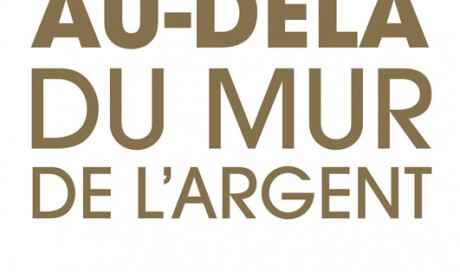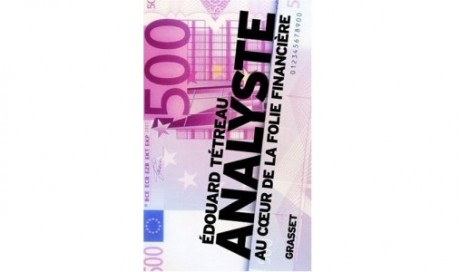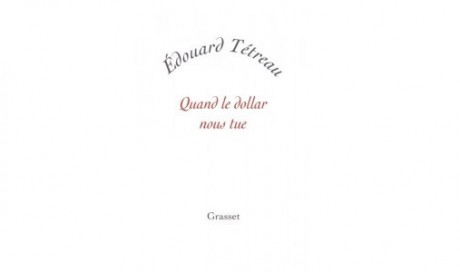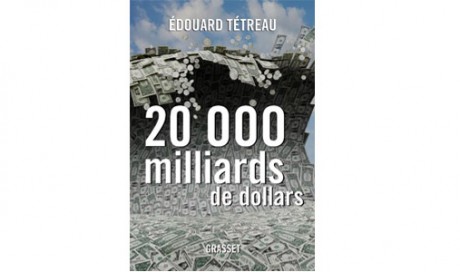- 93 Views
- 0 Comment
- No tags
For years, the protection strategy has been to “milk the cow dry” in order to distribute dividends, even at the risk of relegating the strategic imperatives of one of the finest companies in France to the second tier.
The recent history of France Télécom is emblematic of the current dynamic of the country. France Télécom, which we cannot yet call slow, is one of the finest companies in the world. As the very elitist executive general in telecommunications, this company has been a pioneer in all of its fields. It was at the forefront in its creation of the first fiber optics in 1970, the first time switch in the world in 1971, (CNET in Lannion), the Minitel in 1982, the first weigh cards, the radiotelephone, the satellites launched by Arianespace, and the underwater cables of Alcatel. For decades, France Télécom has financed, inspired and produced devices that have become the most influential in the field of telecommunications. Like the great French successes in the energy and aeronautical-defense fields, France Télécom is the symbol of a certain French genius, on the front lines of the global competition.
And then something along the way broke. We will not “point fingers” or play the blame-game. Instead we will affirm, without another form of precaution, that the most recent leaders of France Télécom, from Gérard Théry to Stéphane Richard were all up to the job.
And that is precisely where the problem arose. For over a decade, the French government, France Télécom’s first shareholder, designed a project for the company that was completely absurd. It can be summarized as follows: using the company’s highest dividends to compensate for the state’s inability to balance its budget each month.
Only in the past five years have more than 18 billion euros in France Télécom shares climbed back up. Everything was perfect to “milk the cow dry”: lots of research and development projects in France and significant international investments; a singular roaming agreement; site closure and job suppression at all stages. The state shareholder, devoid of any industrial vision, became a bond mutual fund managed on a semi-annual yield. The financial markets that always predict the longer term, but never the short-term, sanctioned the depletion: since March 2009, the financial markets’ lowest point after the subprime crisis, France Télécom has lost 40% of its value, around 20 billion euros. At the same time, the CAC 40 was progressing at 50%; Iliad (Free) tripled their value; and Deutsche Telekom, that, five years ago, had a broker value equal to that of France Télécom, doubled.
The losers are not only the France Télécom shareholders but also the employees. In this highly unionized company, where the French joint management practices breed immobility and mismanagement, the only horizon, not as dramatic as the recovery from current suicide waves, is the attrition and despair as 30,000 positions will disappear by 2020.
France Télécom, from the country’s point of view, deserves better than this shortsighted and purely hexagonal management leading to a proclaimed decline. The future in the communication sector is filled with exciting challenges and job creation by the tens of thousands: including the construction of a European internet platform, like that which Angela Merkel proposed to François Hollande at the Council of French and German ministers on 19 February; the creation of a commercial offers and a regulatory framework that would give Europeans the right to digital privacy; the rapid development of telecommunication and audiovisual markets in Africa, where France has more than one card to play, particularly in Francophone countries; the necessary concentration on a European telecom market, fragmented between more than 100 operators, where the American market has only three.
The choice for state shareholders is binary. If it continues to not have a strategy for industrial holdings, then everything will have to be sold, EDF to France Télécom, through Aéroports de Paris, Air France, etc. These companies deserve true industrial shareholders, endowed with a strategic vision and capable to enact dynamic growth. They will be found in the private sector in France, as is the case in other countries. If however, the French state should recover one day and give of its industrial ambition, then the prescription is very different. It is a question of consistently opening these firms – in terms of capital, management, and strategic vision- to their European partners, in particular the Germans. If the “Airbuses” of digital energy, or of finance, have to be anything other than their worn slogans, the time has come to actively prepare for these reconciliations. For France Télécom, without underestimating the questions of governance, the clear strategic alliance is the one that will be with Deutsche Telekom. This will come before developing together Southern markets (Mediterranean, Africa) and those in the East (central and eastern Europe) and deploying a credible technology offer in the field of connectivity, “big data”, the cloud, etc.: building together the European internet; exploring with budgets and significant R&D methods, henceforth common among all the digital possibility offers (virtual money, cyber security, financial services); creating long-term value for shareholders and jobs for tens of thousands. Like France, it is in shaping a dynamic European future that Orange will find itself in the green.
OUR RECENT
WORKS
-
20000 Milliards de…Book
Warning: Invalid argument supplied for foreach() in /home/edouardt/www/wp-content/themes/edtetreau/includes/part-portfolio.php on line 54
Warning: Invalid argument supplied for foreach() in /home/edouardt/www/wp-content/themes/edtetreau/includes/part-portfolio.php on line 54
Warning: Invalid argument supplied for foreach() in /home/edouardt/www/wp-content/themes/edtetreau/includes/part-portfolio.php on line 54








